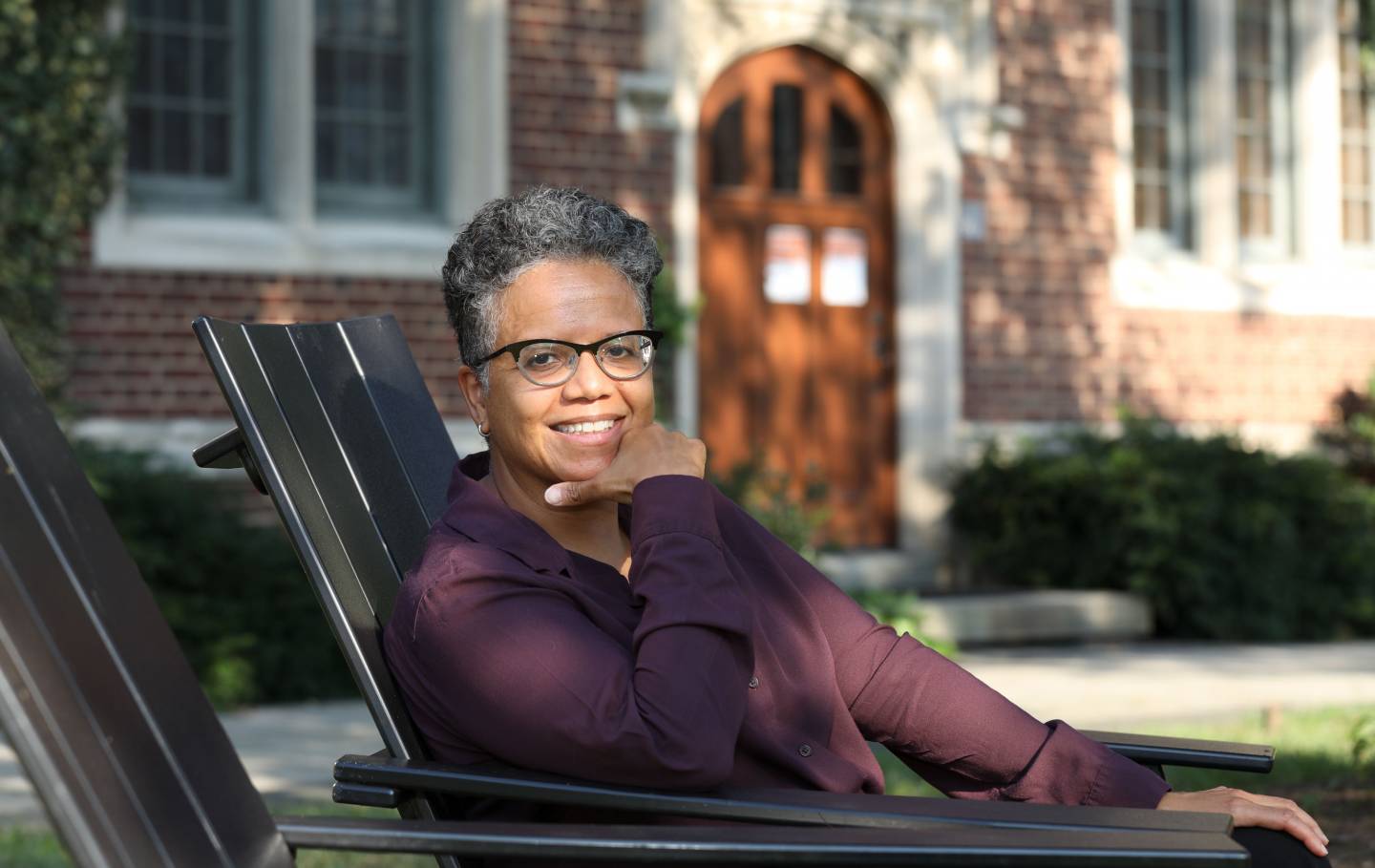On December 1, Judith Weisenfeld and colleagues at the University of Pennsylvania and Washington University in St. Louis, received a $1 million grant from the Henry Luce Foundation for The Crossroads Project to advance public understanding of the history, politics and cultures of African American religions. The project was sparked in February by conversations from the African American Religious Studies Workshop which was supported by the Humanities Council’s Stewart Fund for Religion. The four-year collaborative project will highlight diverse traditions, past and present — including how Black religious leaders and communities have responded to COVID-19, climate and environmental crises, and struggles for racial justice.
The Crossroads Project is housed in Princeton’s Center for the Study of Religion (CSR) and includes the development of resources for students, teachers and interested members of the public; and a mentoring program for graduate students and early-career scholars, including a postdoctoral fellowship at Princeton. Read more on the CSR website.
“The Crossroads Project responds to significant questions and challenges Americans face in our current moment regarding the relationship among race, religion and national identity, and the Henry Luce Foundation’s support represents a major investment in advancing the public conversation around these vital issues,” Weisenfeld said. “The project grows, in part, out of my own research on the complex interplay between Black religious experience and American society and culture, and I am eager to continue this work in a collaborative, multidisciplinary project.”
In a University homepage feature, Weisenfeld, the Agate Brown and George L. Collord Professor of Religion and chair of the Department of Religion, explains how psychiatry was used to subjugate Blacks following Emancipation and exposes ways in which white Southern physicians’ prejudices regarding African American religious practices fueled the rise of theories about race-based susceptibility to mental illness. Echoes of these theories persist today and are evident in discussions about why Blacks disproportionately get sick and die from COVID-19.
Read the full story here.
















